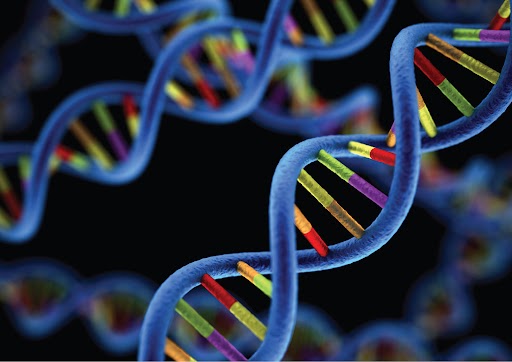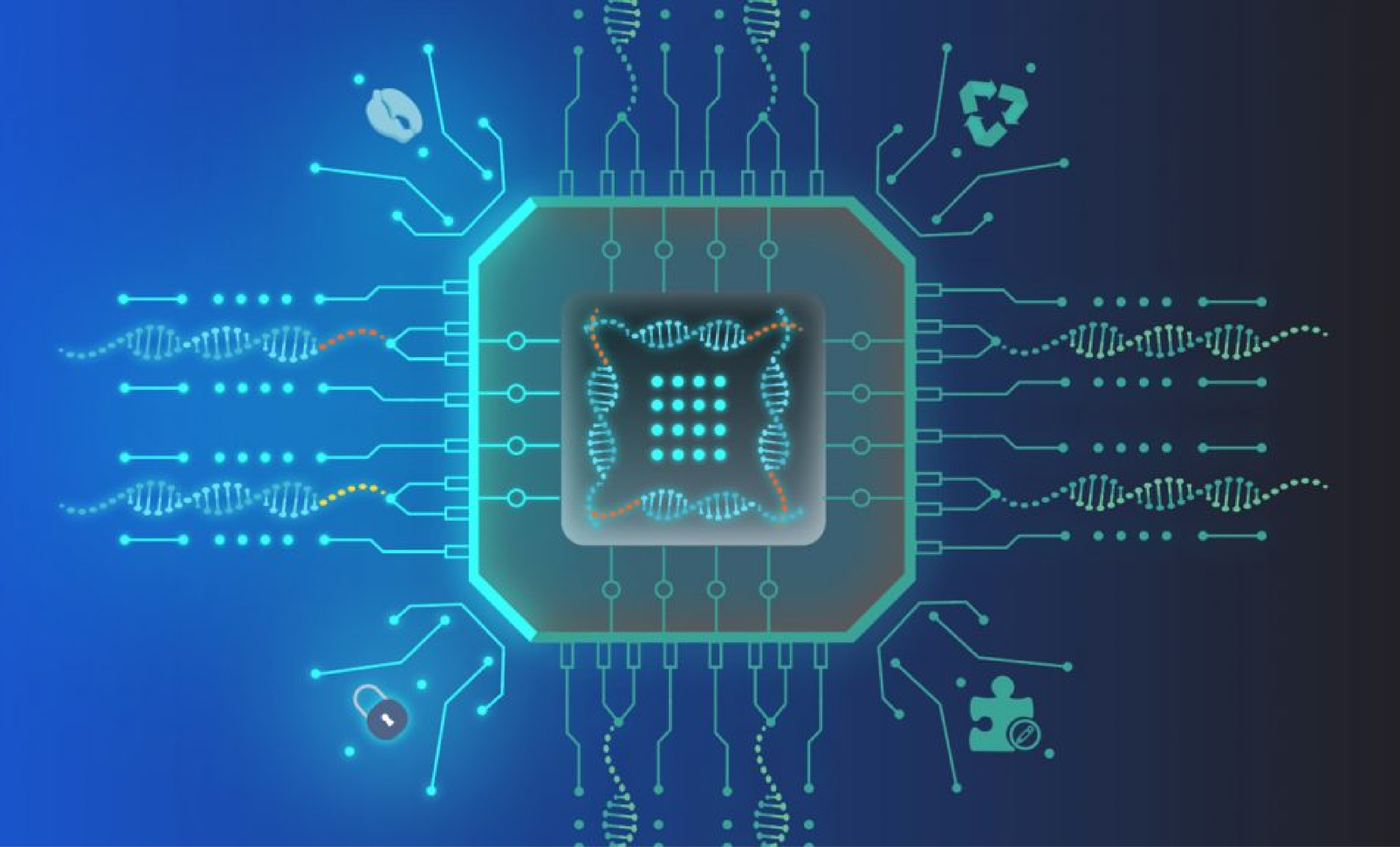Tuberculosis (TB) is a preventable, treatable, and curable disease. However, in 2020, 9.9 million people were estimated to have developed tuberculosis, and 1.5 million people were estimated to have died from it. Whereas in India, 2.6 million were diagnosed with TB and 436,000 succumbed to TB in 2019. The COVID-19 pandemic has substantially reduced access to services for the diagnosis and treatment of TB, resulting in an increase in deaths and a reversal in global progress. [1]
Presently, TB incidence is falling at a rate of 2% per year, hampered mainly by the rearing pandemic of drug-resistant tuberculosis (DR-TB). Particularly concerning is multi-drug resistant TB (MDR-TB), defined as resistance towards isoniazid (INH) and rifampicin (RIF). [2] The World Health Organization (WHO) targeted to reduce worldwide TB incidence by 90% by 2035. [1] Early initiation of effective treatment,based on susceptibility patterns of the Mycobacterium tuberculosis complex (MTBC), is considered key to successful TB control in countries with a high incidence of DR-TB. Worldwide, MDR-TB treatment outcomes are poor, with cure rates of less than 60% (2), due to the lack of comprehensive drug susceptibility Testing (DST). This leads to the inadequate anti-TB activity of the provided regimens (3–5), unlike regimens advised based on DST results, to ensure optimal results. (6) In addition to resistance to the established regimens, resistance to the new DR-TB drugs is increasing.
On World TB Day, the Academy of Advanced Medical Education, Thyrocare Technologies Limited and HaystackAnalytics - IITB, along with expert pulmonologists and renowned physicians from India, convened for an advisory board meeting in Delhi to discuss the role of Whole Genome Sequencing (WGS) in the diagnosis and management of TB. Objectives and specific topics relating to WGS in MDR-TB were discussed. Each expert shared their views, which led to a group discussion committed to putting the patient first and increasing their collective efforts, recognizing the possibility of accomplishing the goal. The organizations involved in the discussion declared their commitment to collaborate to tackle DR-TB detection efficiently. They advocate strengthening access to WGS TB services, controlling and preventing TB, improving surveillance and drug resistance management, and investing in research and development. This round table serves as a framework to build on and ensure that the goal of ending TB is achievable with WGS services wherever needed. Post-discussion, a uniform consensus was said to have been established if more than 80% of the board members agreed to the statement.
Consensus statements :- Patients with MDR-TB and XDR-TB will benefit from WGS.
- Patients with relapse or reinfection will benefit from WGS.
- WGS of MTBC may be beneficial when results of other molecular tests are inconclusive or indeterminate.
- WGS may be beneficial when phenotypic DST is not available for newer drugs like bedaquiline and delamanid).
- WGS is beneficial to detect disease transmission (identify cluster and strain).
- WGS in TB is an important part of epidemiological surveys.
- WGS provides additional information such as, drug susceptibility profile and MTBC mutation information.
- Research needs to be encouraged to definitely observe the benefits of WGS in TB patients.
- Due to lack of data from the Indian population, WGS is not recommended for routine use. Further, research and clinical outcome data in the Indian setting should be promoted.
- WGS is useful in certain patient profiles:
- Failure of MDR-TB or XDR-TB treatment
- Treatment of DR-TB is not effective
- Past history of DR-TB
- Inconclusive results with other molecular tests
References:
- WHO Global Tuberculosis Report 2021 India Tb Report 2020
- Uplekar M, Weil D, Lonnroth K, Jaramillo E, Lienhardt C, Dias HM, et al. WHO’s new end TB strategy. Lancet Lond Engl. 2015 May 2;385(9979):1799–801.
- Nahid P, Mase SR, Migliori GB, Sotgiu G, Bothamley GH, Brozek JL, et al. Treatment of Drug-Resistant Tuberculosis. An Official ATS/CDC/ERS/IDSA Clinical Practice Guideline. Am J Respir Crit Care Med. 2019 Nov 15;200(10):e93–142.
- Impact of rapid drug susceptibility testing for tuberculosis: program experience in Lima, Peru - PubMed [Internet]. [cited 2022 Mar 25]. Available from: https://pubmed.ncbi.nlm.nih.gov/22990138/
- Seung KJ, Keshavjee S, Rich ML. Multidrug-Resistant Tuberculosis and Extensively Drug-Resistant Tuberculosis. Cold Spring Harb Perspect Med. 2015 Sep;5(9):a017863.
- Rodrigues C, Jani J, Shenai S, Thakkar P, Siddiqi S, Mehta A. Drug susceptibility testing of Mycobacterium tuberculosis against second-line drugs using the Bactec MGIT 960 System. Int J Tuberc Lung Dis Off J Int Union Tuberc Lung Dis. 2008 Dec;12(12):1449–55.








